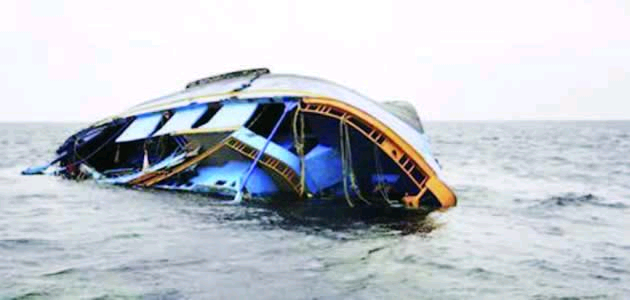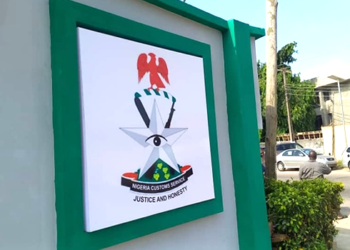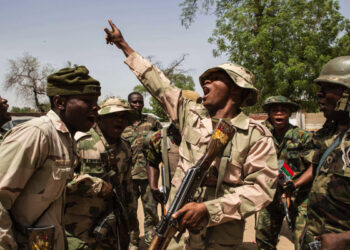No fewer than eight persons are feared dead in Friday morning boat accident that occurred near Dambo-Ebuchi section of the River Niger.
The National Inland Waterways Authority (NIWA) confirmed the boat accident involving no fewer than 200 passengers including market women and farm labourers being conveyed from Lokoja in Kogi to the Katcha weekly market in Niger State.
The Head of Media Department of NIWA, Mr Suleman Makama, confirmed the incident to the News Agency of Nigeria (NAN) in Lokoja.
He said that the passengers mostly market women and labourers were on their way to the market in Niger State when the boat capsized on the Dambo-Ebuchi sections of River Niger.
Makama said “It’s true that there was a boat mishap on Friday morning involving quite a number of women going to the market in Niger State.
“We are still investigating to ascertain the number of people involved as well as what led to the accident.”
He said that clearance was being awaited from the management before he could issue official statement where details of the incident would be provided.
However, eyewitnesses said that the boat, which belonged to one Musa Dangana, was conveying its passengers to the Katcha weekly market in Niger State.
An eyewitness said eight bodies had been recovered, while search and rescue operations continue to locate the remaining passengers.
NAN reports that the Managing Director NIWA, Mr Bola Oyebanji, recently identified human errors, drugs and disobedience to the rules and regulations as the major causes of most boat mishaps which occurred in the past three years
Oyebanji stated this while fielding questions from the members of the House of Representatives Committee on NIWA who were on oversight function to its the Headquarters on Wednesday in Lokoja.
He reaffirmed NIWA’s commitment to the safety of Nigerians using water transportation .
“Ninety- nine percent of the mishaps on the waterways were a result of human errors; research has shown that the operators are committing avoidable mistakes which shouldn’t have caused havoc,” he said
Oyebanji noted that some of the operators lived on drugs to influence their activities to make them high and eventually make unpardonable mistakes.
He added that some operators were indifferent to following rules and regulations, stressing “imagine wooden boats taking over 150 to 200 passengers at a go, over and above its capacity”. (NAN)











